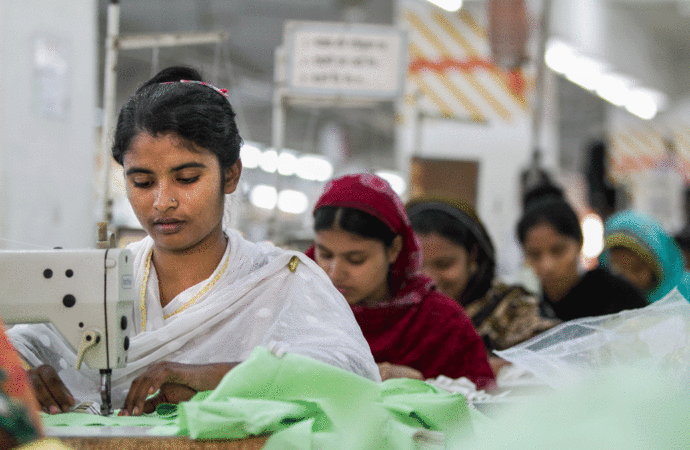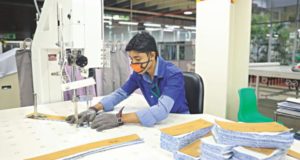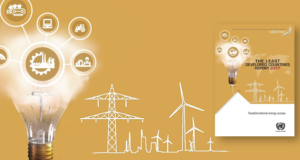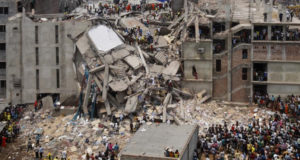The present minimum wage in Bangladesh garment industry is below the poverty level, making it very difficult for the workers to bear their living cost
Read More »Flexibility required to reach effective negotiation on wage structure
Minimum wage calculations must take into account some key factors such as number of dependent family members, food, housing, healthcare, children’s education and recreation
Read More »Focus needed on qualitative measurement in GDP for sustainable growth
'It is very obvious that financial discrimination is increasing in the country and it is proven that this discrimination will hit sustainable growth'.
Read More »Fresh investment required in private sector to reach GDP growth target
More jobs will push up the overall production capacity of Bangladesh resulting in higher growth. But the question is, are the industries engaging the youth and fresh graduates?
Read More »Trade expert stresses need for domestic policy developments
Better domestic policies are important for a country to benefit from trade, former WTO director general Pascal Lamy said yesterday.
Read More »Bangladesh made progress in workplace safety and compliance in 2017
Bangladesh is moving towards a safer and compliant manufacturing industry, especially in the apparel and leather industries.
Read More »Rapid automation could threaten jobs for Bangladeshi garment workers
Rapid automation of production, closure of some noncompliant factories and the emergence of some other high-potential sectors have shrunk the total number of workers employed by the garment sector by 0.80 million over the last five years.
Read More »Economists urge for merger of Beza and Bepza
The Bangladesh Economic Zones Authority and the Bangladesh Export Processing Zones Authority should merge with each other as both are carrying out same types of tasks, said an economist yesterday.
Read More »Policy consistency, governance & international support to secure energy for all: LDC report 2017
Policy consistency, governance and international support are essential to secure transformational energy for all in the least developed countries, according to the Least Developed Countries (LDCs) Report 2017. Achieving the Sustainable Development Goal seven (SDG 7) – universal access to energy by 2030, will require a 350 per cent increase in their annual rate of electrification, the report added.
Read More »The high cost of cheap clothes
On the morning of April 24, 2013, a poorly constructed eight-storey garment factory known as Rana Plaza collapsed in Dhaka, Bangladesh, killing more than 1,130 people in a crush of brittle concrete and rebar. It was the worst industrial disaster in the country’s history, but the toll didn’t end when the building fell. Many later died from injuries sustained in the collapse or were permanently physically disabled. Others developed PTSD or other mental health conditions from witnessing the event.
Read More » CPD RMG Study Stitching a better future for Bangladesh
CPD RMG Study Stitching a better future for Bangladesh








